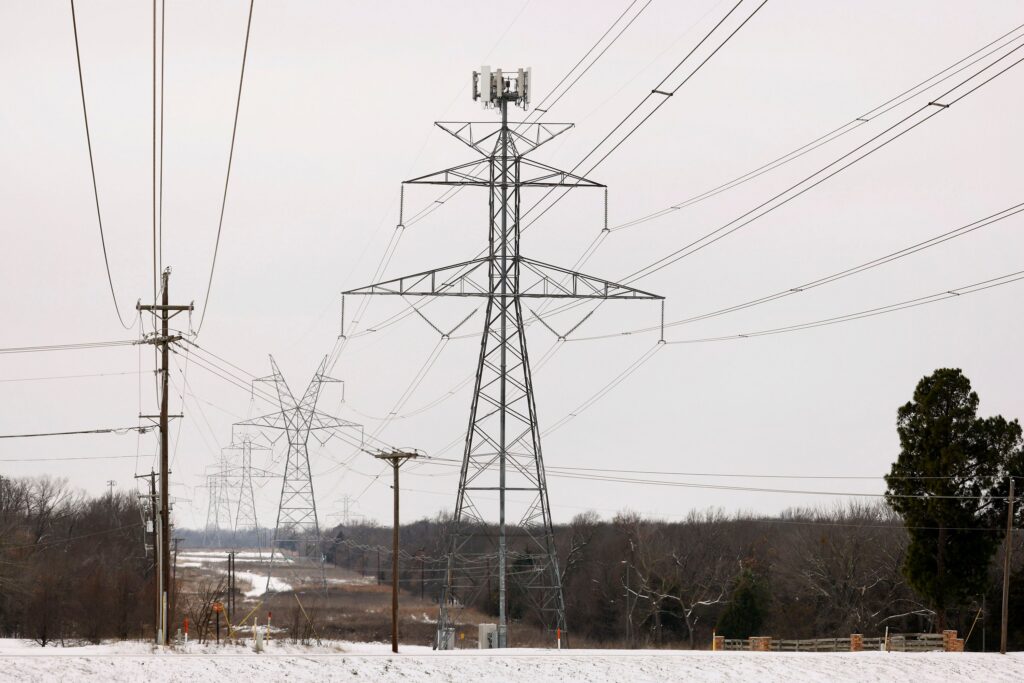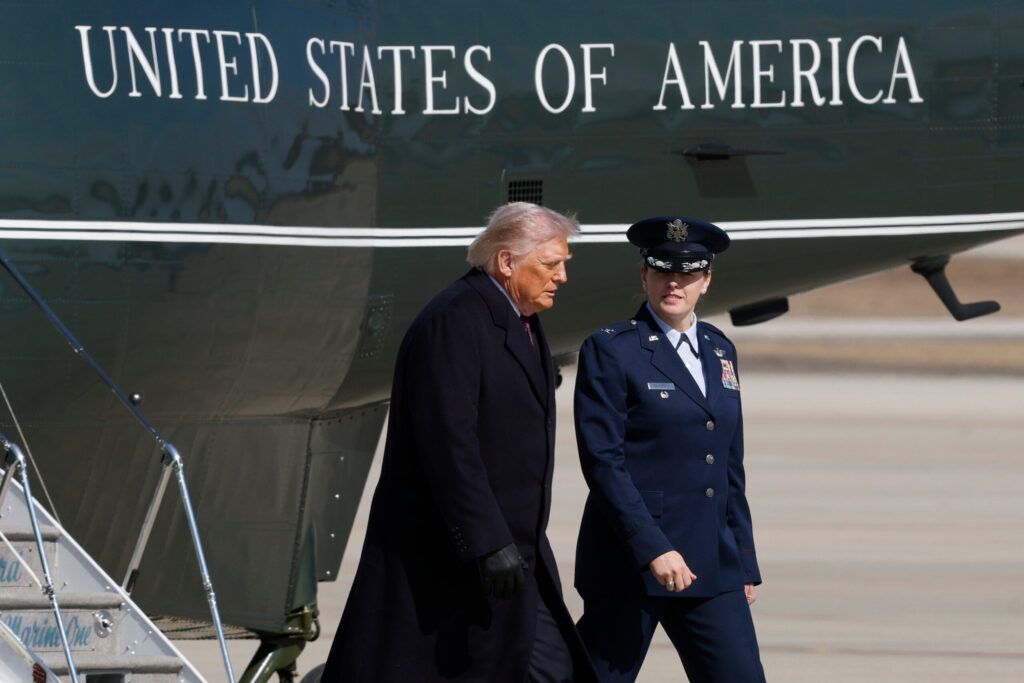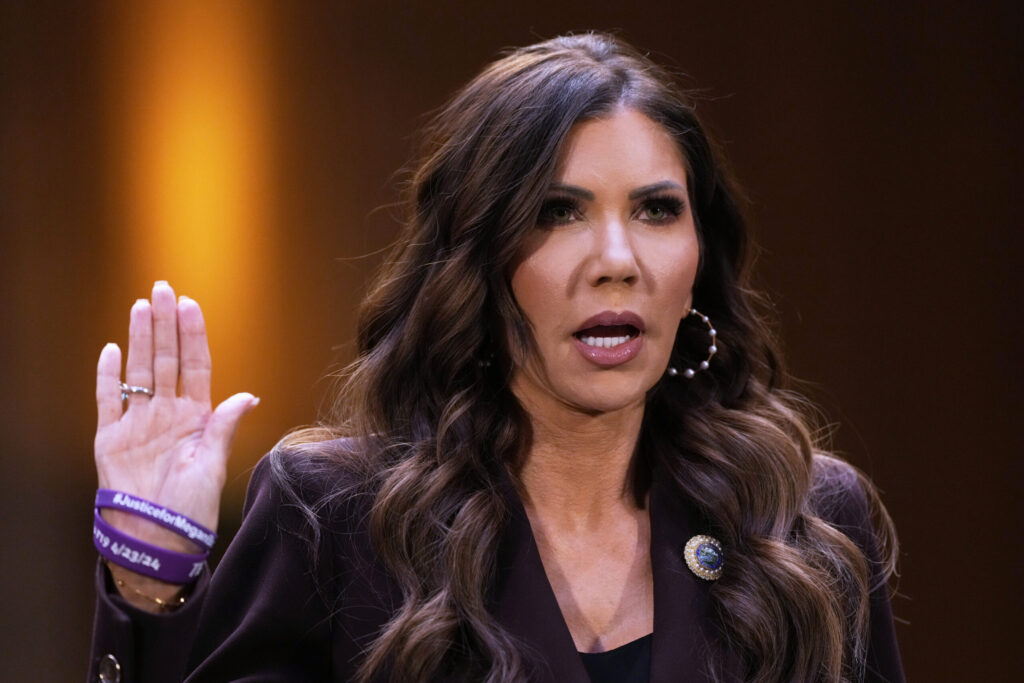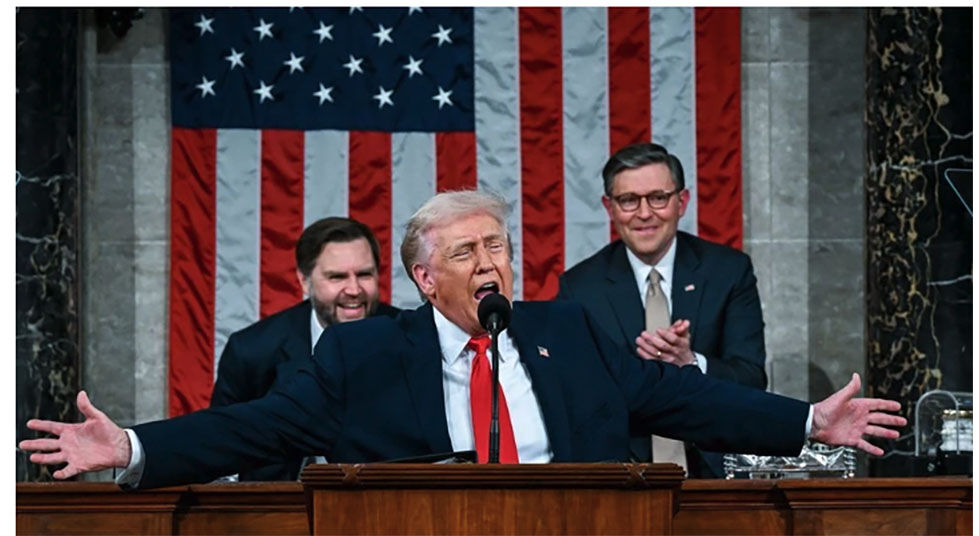City moves to protect police oversight agency
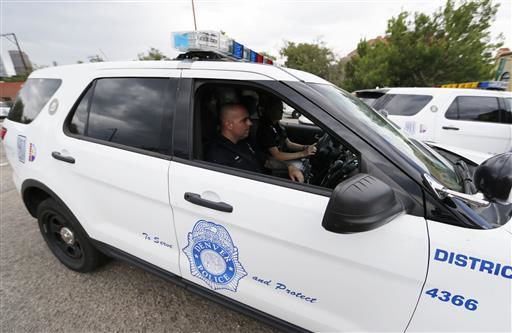
Denver officials are close to strengthening a civilian police watchdog agency by adding it to the city’s charter.
The Office of the Independent Monitor, primarily made up of lawyers, serves as civilian oversight agency for the Denver Police and Sheriff’s Departments by participating in police investigations of misconduct and making recommendations on department policies including on discipline and broader issues like use of force.
The city’s Governance and Charter Review committee unanimously approved the measure Aug. 3, sending it to the City Council to discuss Monday. It will be considered for a final vote, and be the subject of a public hearing, Aug. 15. If approved, residents would be asked whether the office should be included in the city charter on the November ballot.
After more than 10 years of living under an ordinance, Denver Councilman Paul Lopez said the monitor has served the city well and proven to be very useful.
“I think the independent monitor is just as important as the director of public works or the chief of police for that matter,” Lopez said.
Adding OIM to the charter doesn’t add or remove power to the agency, but would protect the office from being altered or eliminated by city officials. That’s because all charter changes must go before the people for a vote, Lopez said.
“It’s a true commitment to transparency, oversight and a vote of trust,” Lopez said. “The only people who should be afraid of the police are criminals.
“It promotes trust between men and women in uniform and the community,” Lopez added.
Lopez said there has been an unusually tense relationship between police and the independent monitor since its inception in 2004. The City Council and mayor created OIM to promote police accountability and transparency.
The independent monitor has had issues obtaining information in the past from law enforcement. In 2013, the monitor was unable to obtain a policy memo on problems with the inmate grievance process, though the Denver Post later obtained the document through an open records request, following the monitor’s office releasing its report.
Last year, the City Council approved an ordinance forcing local police agencies to work with the monitor during internal investigations and disciplinary proceedings along with a legal requirement for timely responses to records requests from the monitor’s office.
Lopez said the recommendation of adding the office to the charter arose out of a report by independent consultants reviewing the Denver Sheriff’s Department in 2015.
“The report shouldn’t exist just to collect dust on a shelf,” he said.
The Denver Justice Program and Colorado Latino Forum have voiced support for adding the monitor to the charter.



